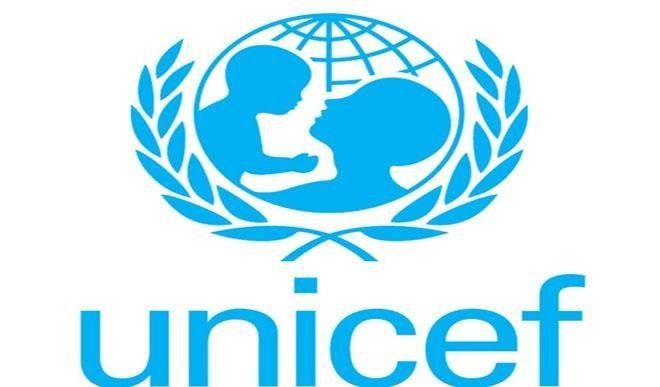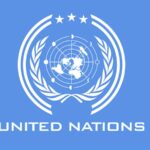The United Nations Children Fund (UNICEF) is launching new global campaign, #Vaccineswork to emphasise the power and safety of vaccines among parents and wider social media users.
Amid growing outbreaks of vaccine-preventable diseases, UNICEF’s campaign will use social media to show that most parents trust vaccines to protect their children.
The campaign which will be launched on 24th April will run alongside World Immunisation Week till 30th April to spread the message that together communities, including parents, can protect everyone through vaccines.
#VaccinesWork has long been used to bring together immunisation advocates online.
This year, UNICEF is partnering with Bill and Melinda Gates Foundation, the World Health Organisation (WHO) and Gavi, the Vaccine Alliance to encourage even greater reach.
The Bill & Melinda Gates Foundation will contribute USD$ 1 to UNICEF for every like or share of social media posts using the hashtag #VaccinesWork in April, up to USD$1 million, to ensure all children get the life-saving vaccines they need.
Vaccines save up to 3 million lives yearly, protecting children from potentially deadly, highly infectious diseases such as measles, pneumonia, cholera, and diphtheria.
Through vaccines, fewer people died from measles between 2000 and 2017 and polio is on the verge of being eradicated.
Vaccines are one of the most cost-effective health tool ever invented, every USD$1 spent on childhood immunisation returns up to USD$44 in benefits.
UNICEF’s Chief of Immunisation, Robin Nandy said, they want the awareness #VaccinesWork to go viral adding that vaccines are safe, and they save lives.
“This campaign is an opportunity to show the world that social media can be a powerful force for change and provide parents with trustworthy information on vaccines.”
The campaign is part of a global, week-long celebration under the theme, “Protected Together: Vaccines Work” to honour Vaccine Heroes from parents and community members to health workers and innovators.
Interim Director of Vaccine Delivery at the Bill & Melinda Gates Foundation, Violaine Mitchell also said, more children than ever before are being reached with vaccines today.
She added that they are delighted to work with UNICEF and all the global and country partners around the world who are working tirelessly to ensure all children, especially those in the world’s poorest countries, can be protected from life-threatening infectious diseases.
Despite the benefits of vaccines, an estimated 1.5 million children died of vaccine-preventable diseases in 2017.
While this is often due to lack of access to vaccines, in some countries, families are delaying or refusing to vaccinate their children because of complacency or scepticism about vaccines.
This has resulted in several outbreaks, including an alarming surge in measles, especially in higher-income countries. Uncertainty about vaccines on digital and social media platforms is one of the factors driving this trend.
That is why the centrepiece of this UNICEF campaign is a 60-second animated film, “Danger” which, along with illustrated animations for social media posts and posters, is based on the relatable insight that children, by their very nature, are little daredevils who are constantly putting themselves in danger.
The video explains that while parents can’t prevent all the dangers their children get themselves into, they can use vaccination to help prevent the dangers that get into them.
UNICEF added that immunisation coverage in Nigeria was only 57.2 percent in 2018 which is far below the Global Vaccination Action Plan (GVAP) target of 90 percent.
“However, the clear benefit of vaccines can be seen in the case of polio, where vaccines have been crucial in eradication efforts. The country has been free of any case of wild polio virus since September, 2016 and is on a track for being declared polio-free by the end of this year.
“The success of polio vaccines in eliminating polio has among other factors, been linked to the low cost of oral administration route of vaccines, enabling mass delivery,” UNICEF Nigeria said.

 Join Daily Trust WhatsApp Community For Quick Access To News and Happenings Around You.
Join Daily Trust WhatsApp Community For Quick Access To News and Happenings Around You.


